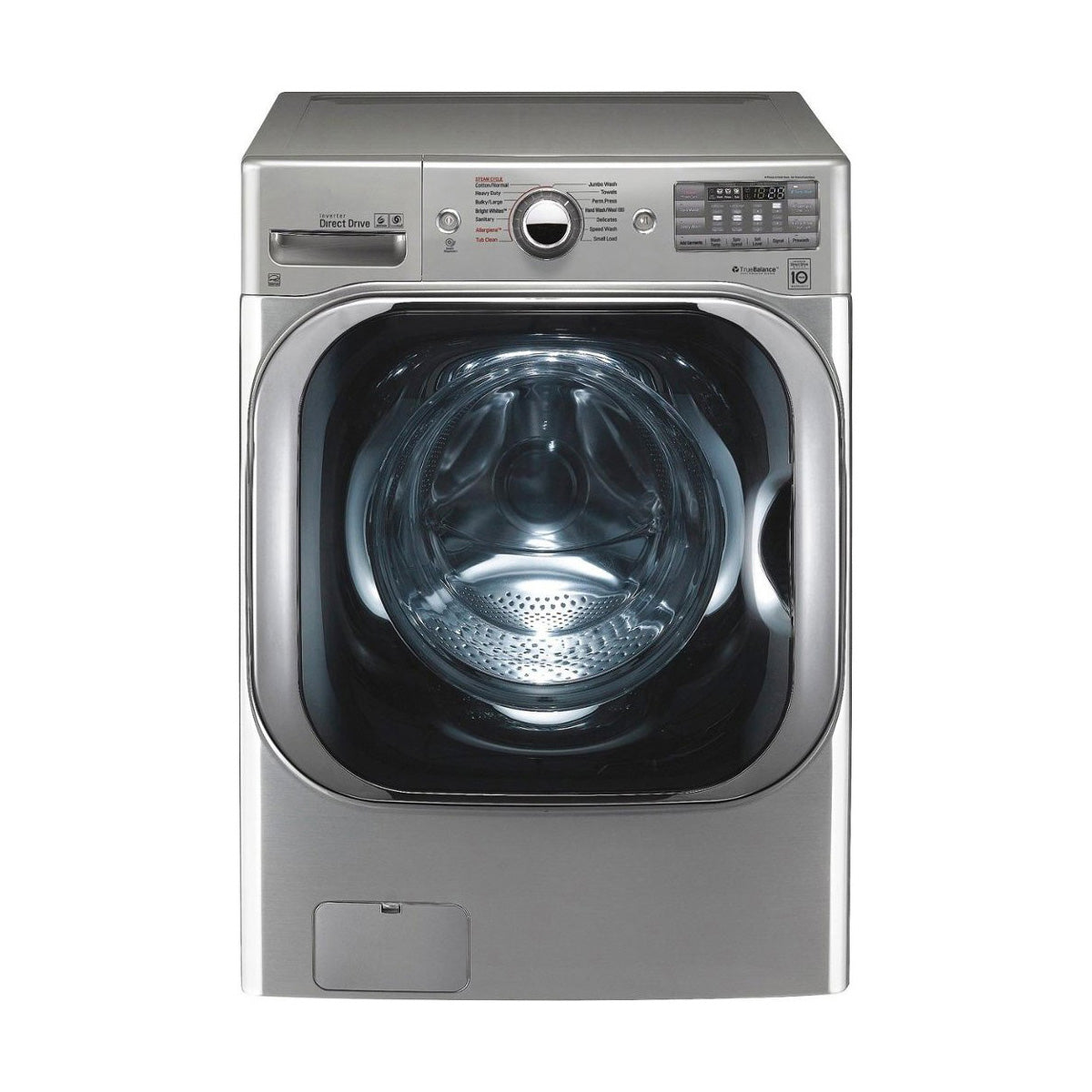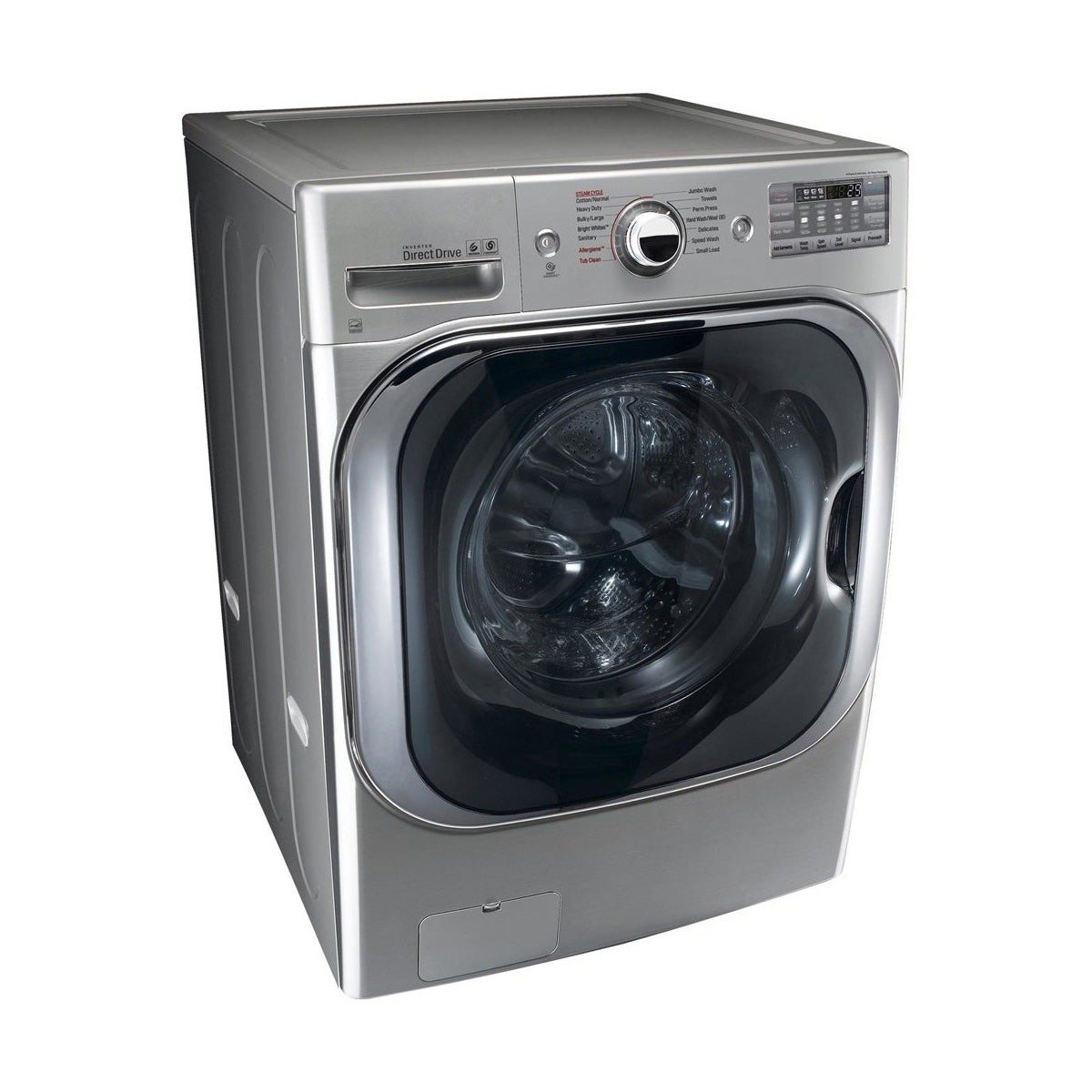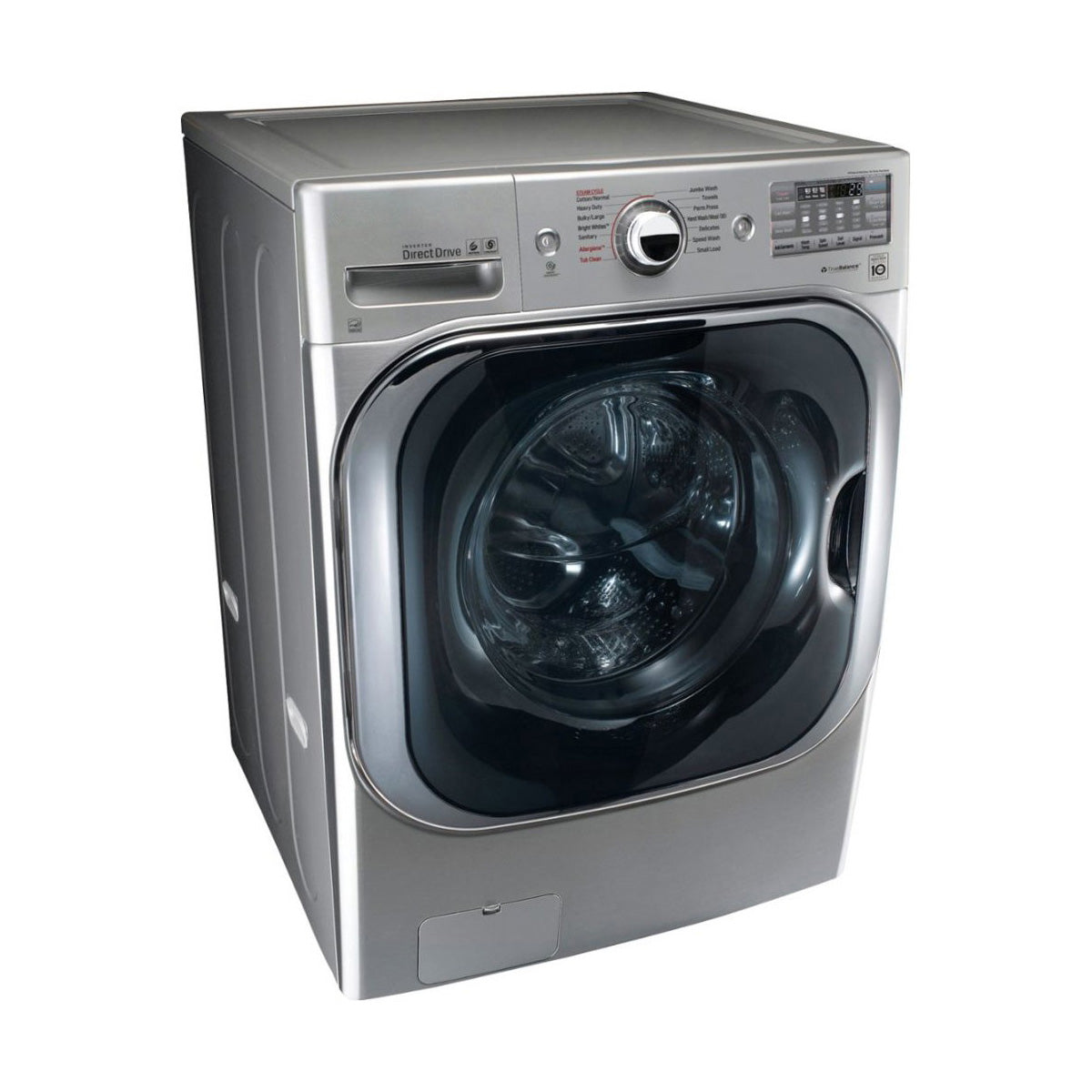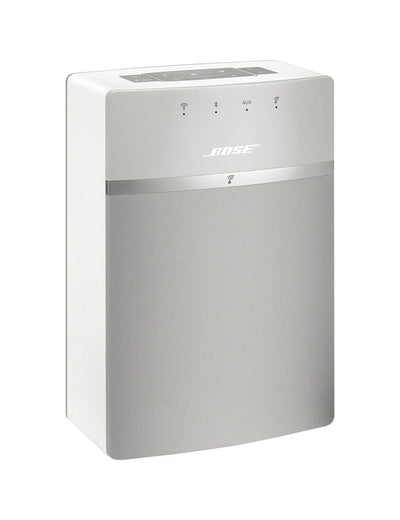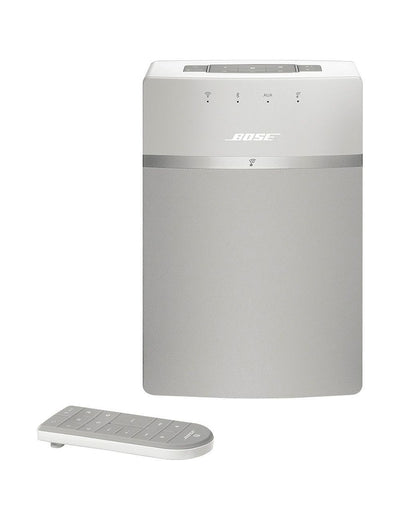A washing machine (laundry machine, clothes washer, or washer) is a home appliance used to wash laundry. The term is mostly applied to machines that use water as opposed to dry cleaning (which uses alternative cleaning fluids and is performed by specialist businesses) or ultrasonic cleaners. The user adds laundry detergent, which is sold in liquid or powder form, to the wash water. Laundering by hand involves soaking, beating, scrubbing, and rinsing dirty textiles. Before indoor plumbing, the maids, washerwoman (laundress), or housewife also had to carry all the water used for washing, boiling, and rinsing the laundry; according to an 1886 calculation, some women in the United States fetched water eight to ten times every day from a pump, well, or spring for these purposes. Water for the laundry would be hand carried, heated on a fire for washing, then poured into the tub. That made the warm soapy water precious; it would be reused, first to wash the least soiled clothing, then to wash progressively dirtier laundry. Removal of soap and water from the clothing after washing was a separate process. First, soap would be rinsed out with clear water. After rinsing, the soaking wet clothing would be formed into a roll and twisted by hand to extract water. The entire process often occupied an entire day of hard work, plus drying and ironing.
While there isn't a law requiring ecommerce stores to have a Return Policy, you may need one if you wish to enforce your terms and parameters of returns and refunds.
For example, in the state of New York, if a retailer does not provide a Return & Refund Policy, the retailer will be required to accept returns and give refunds for all merchandise returned within 30 days of purchase. If you wish to limit this in any way, you will need to create and post a Return Policy with your own custom terms.
Another reason for having a Return Policy even if not required by law is that most consumers prefer to shop at retailers with a clearly-posted Return Policy. This is especially important when shopping online, as more issues are likely when purchasing something without being able to see it in person first.
If you don't have a Return Policy, you may be at the mercy of state laws regulating return and refund time frames. You may also lose potential customers who are concerned about not being able to return a product if they need or want to.
